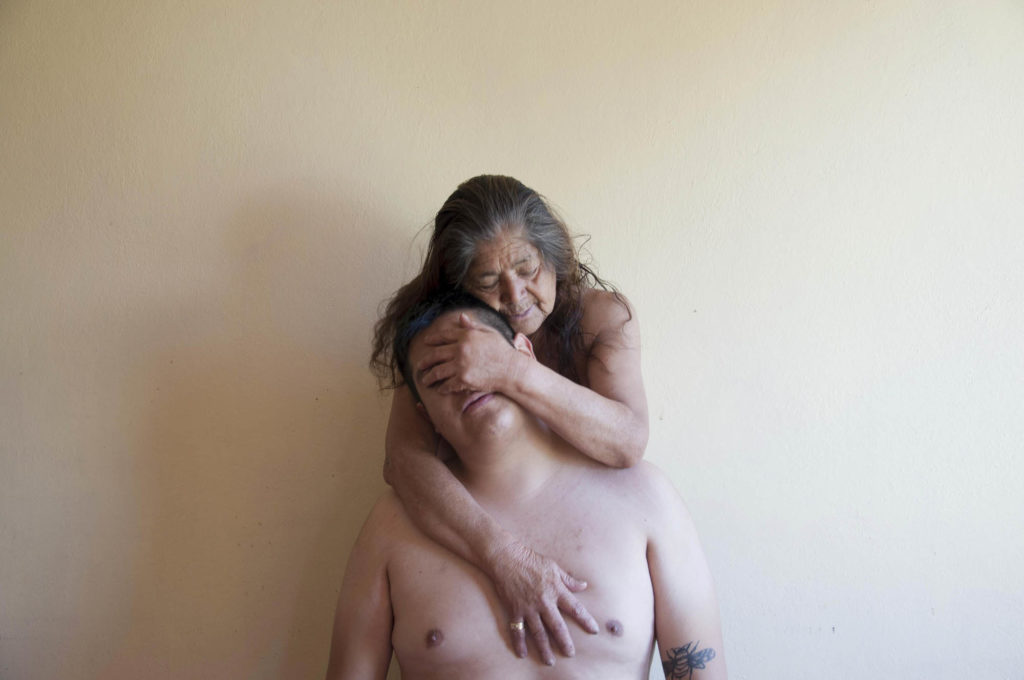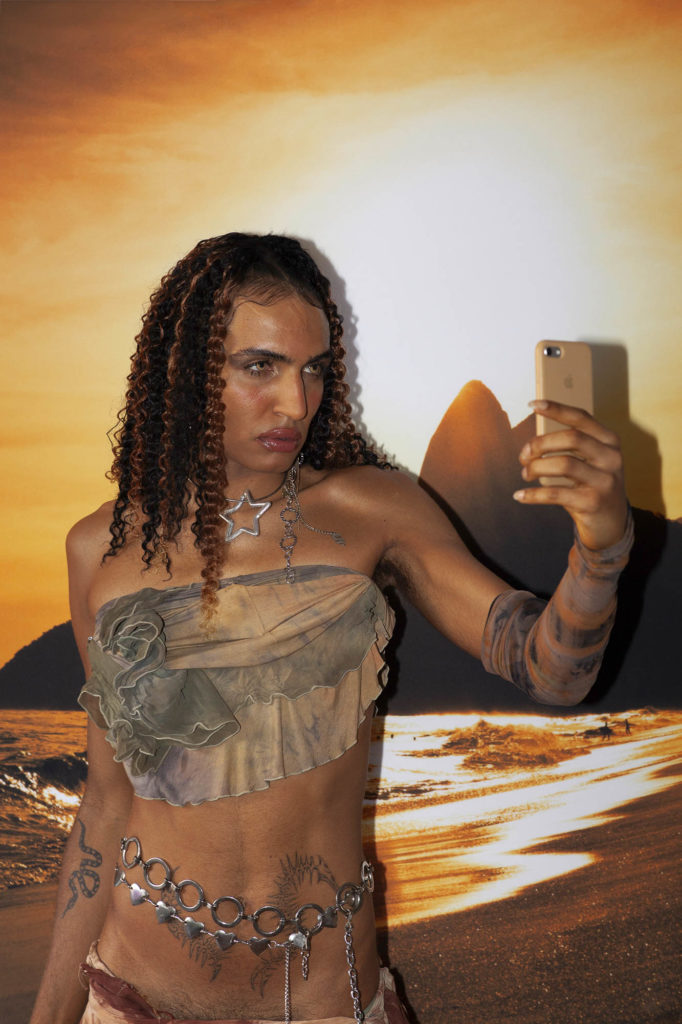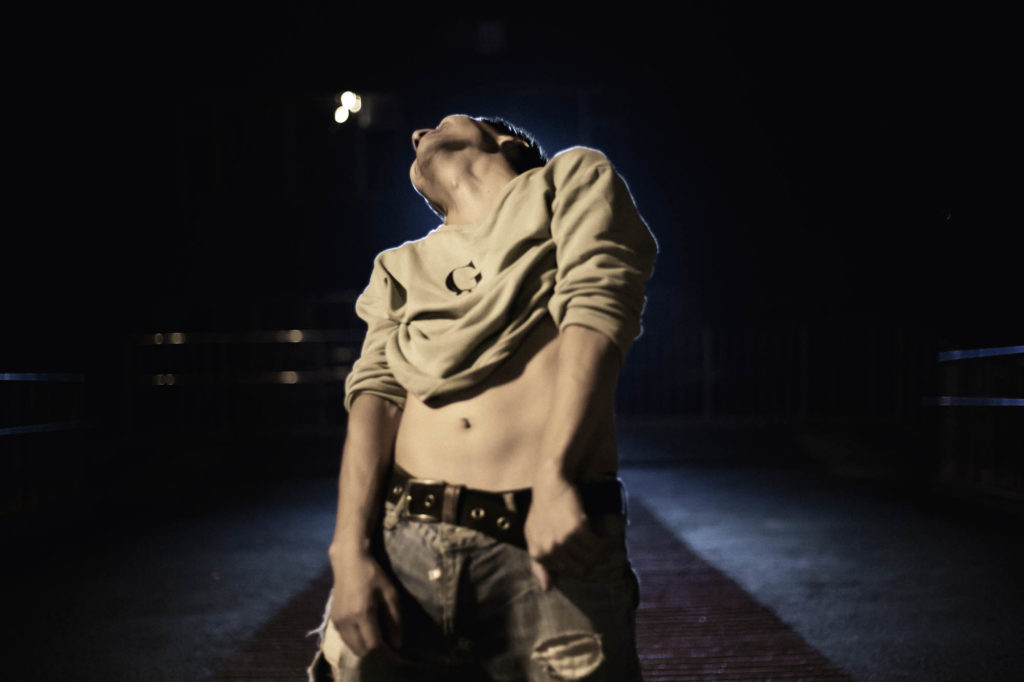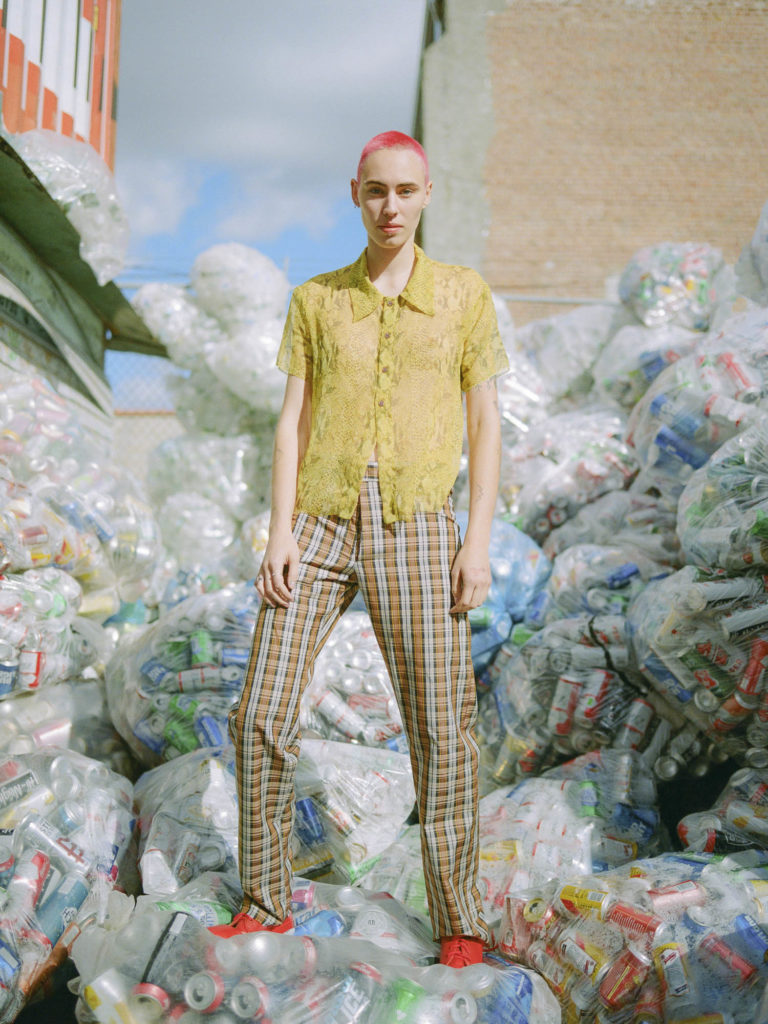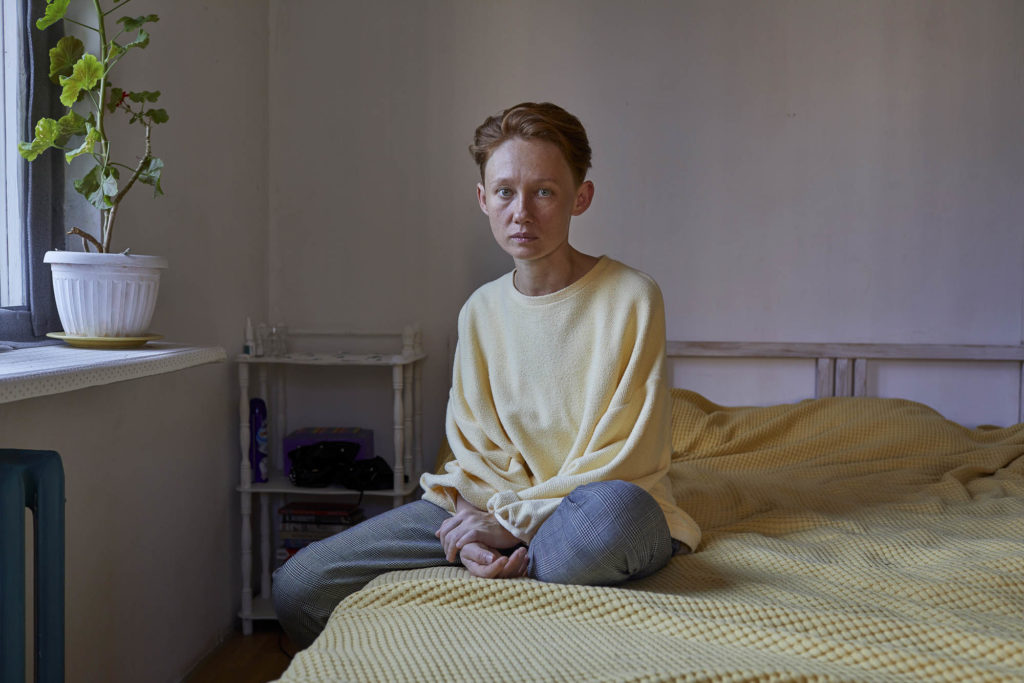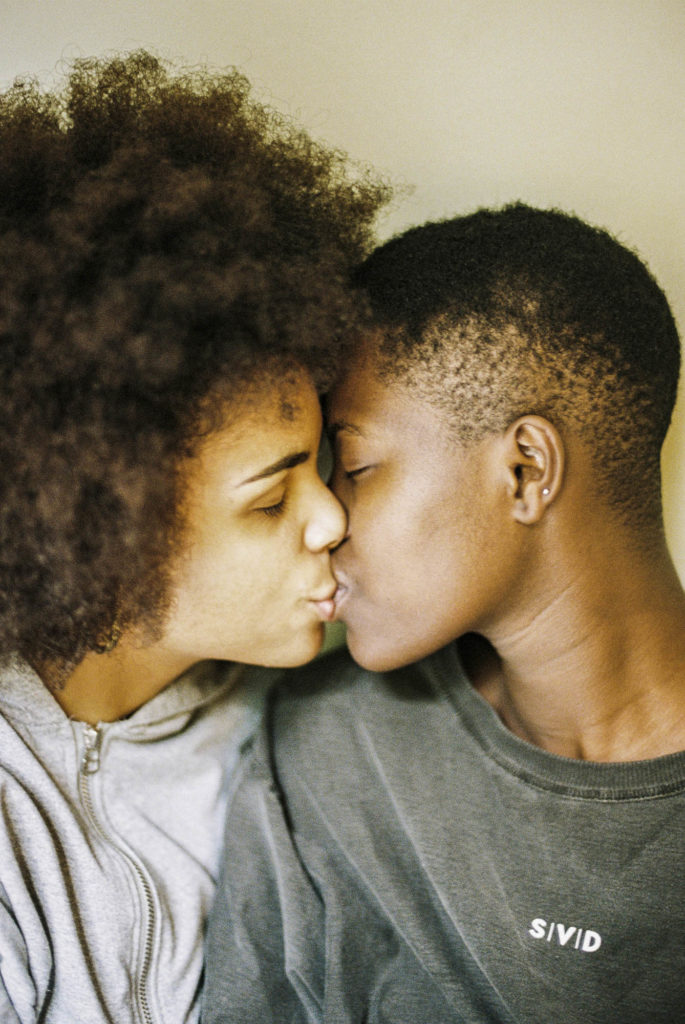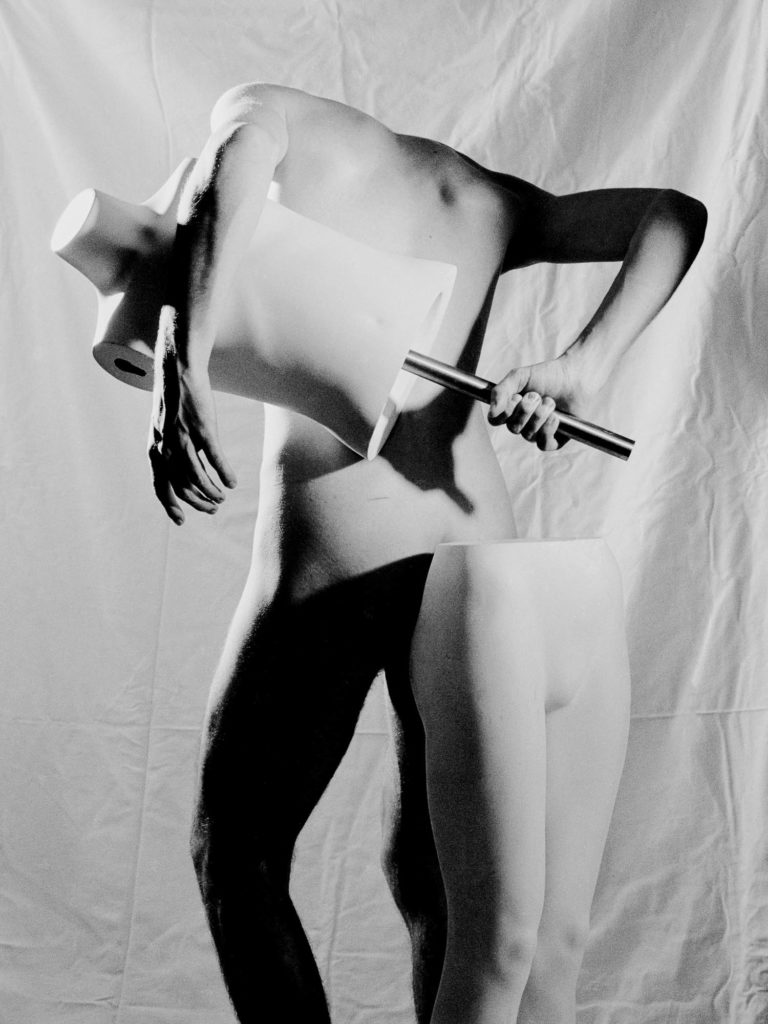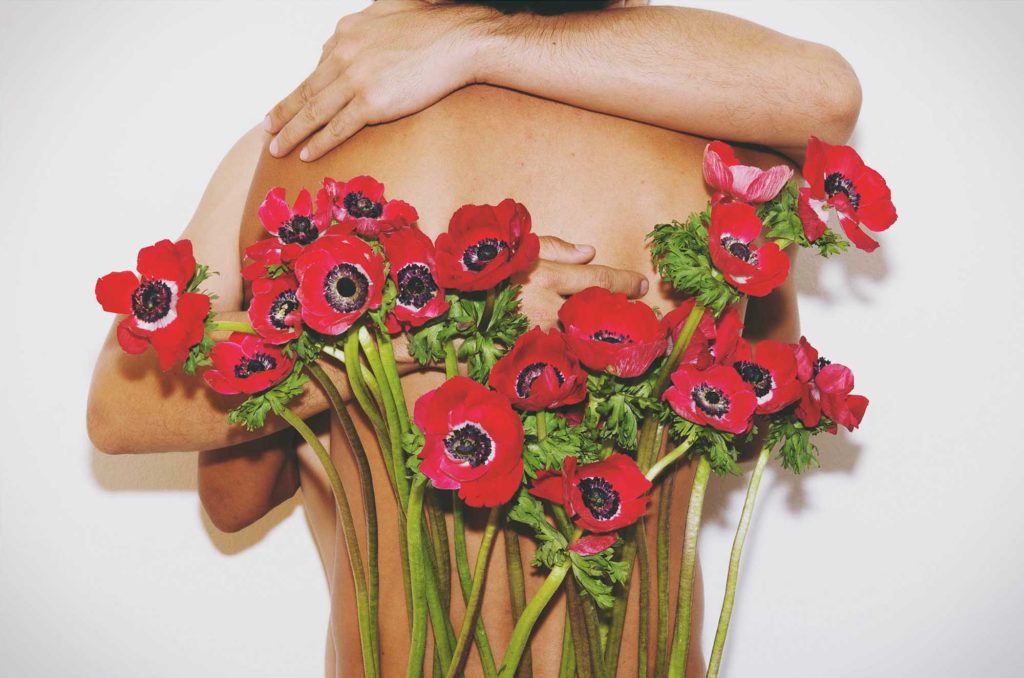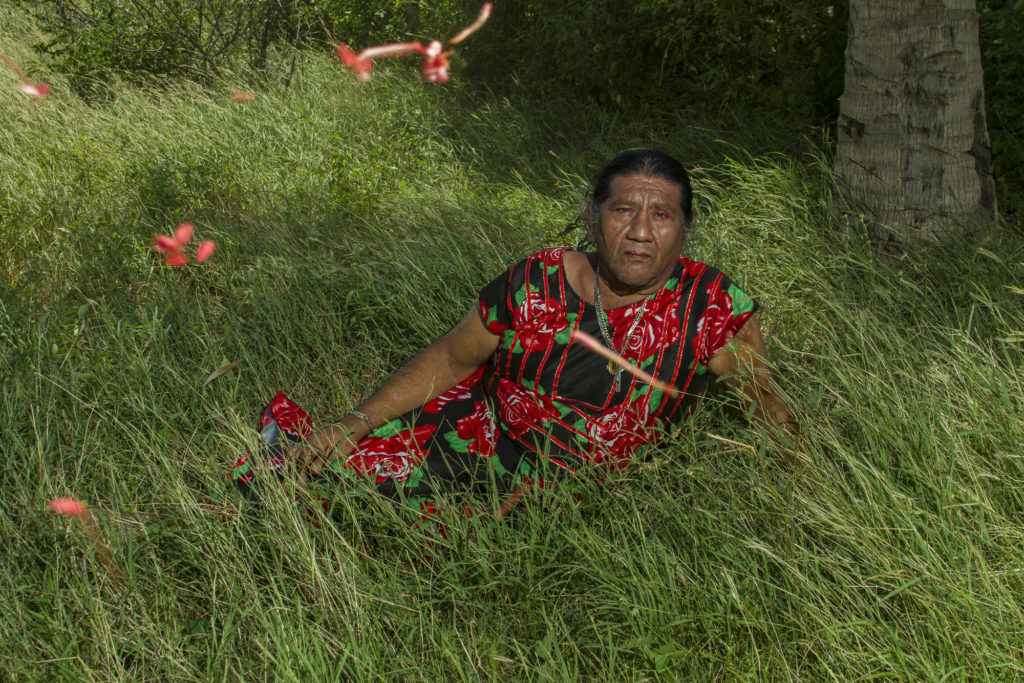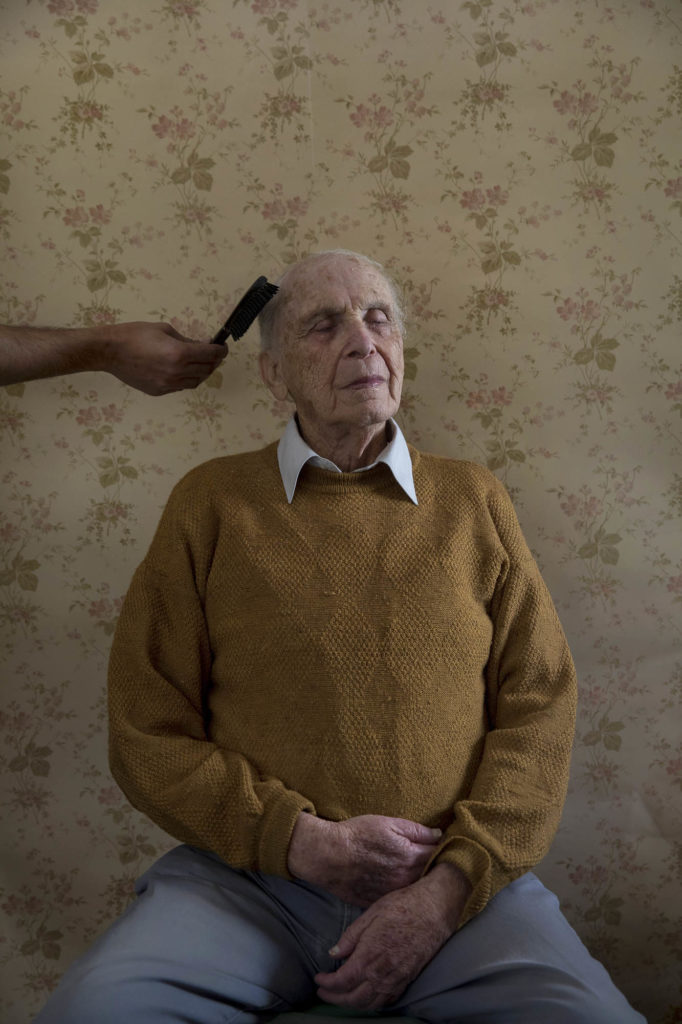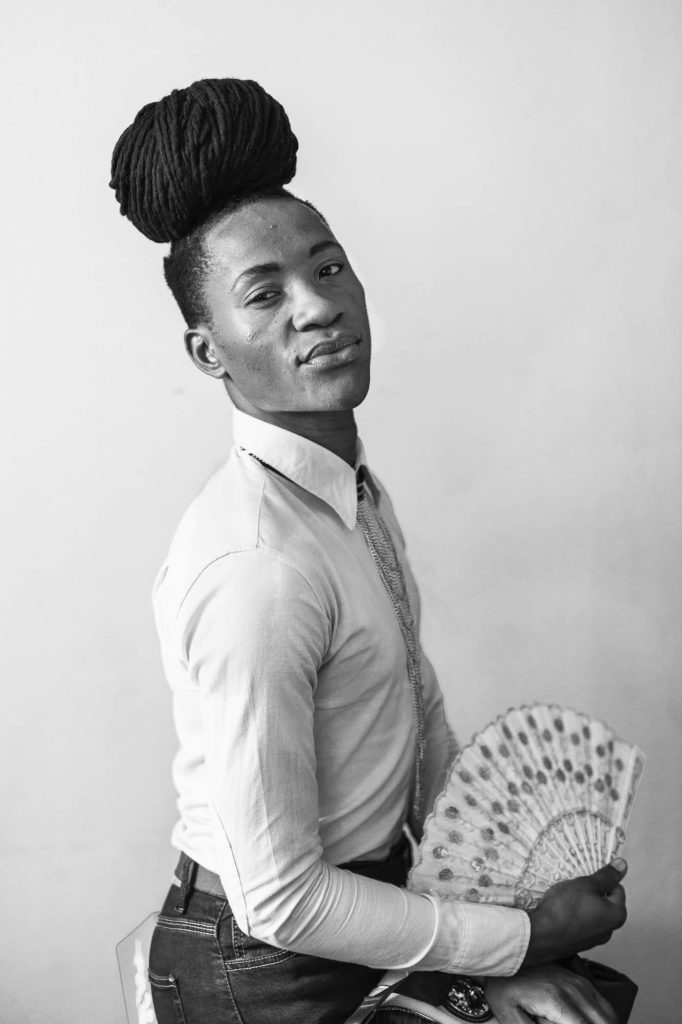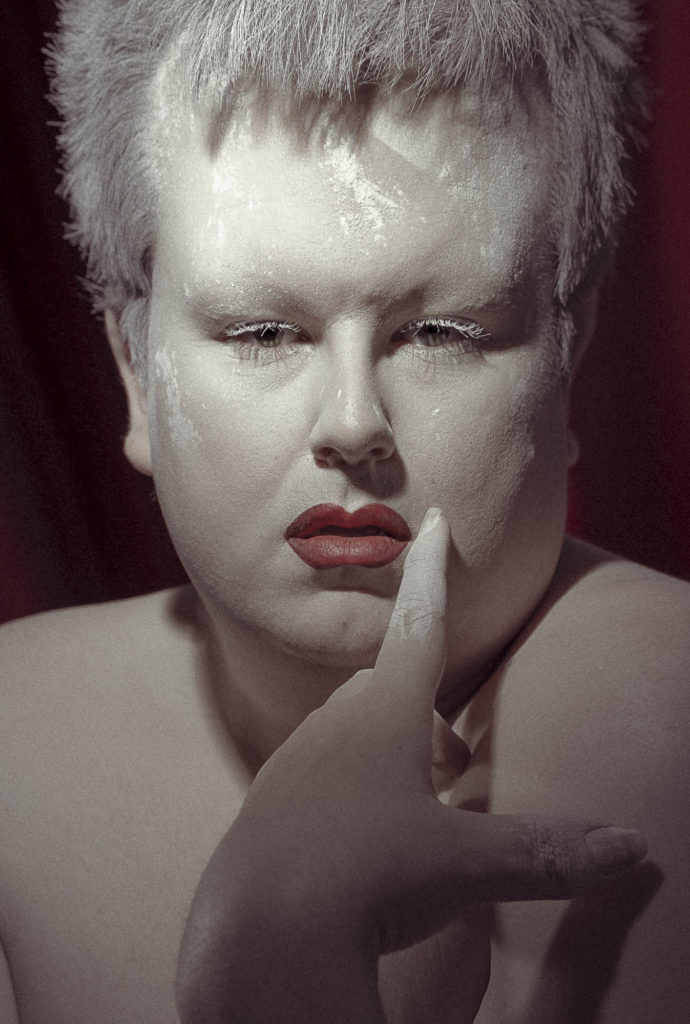Research has shown that elders in the LGBTQ+ community are more likely to experience loneliness, exclusion, and fear of turning to health and welfare services. The men pictured in this series, all over seventy, identify themselves as gay and live in Israel. A land of continuous religious and ideological struggles, where despite progressive reforms in recent decades, LGBTQ+ members are still subjected to legal discrimination, stigmas and exclusion, fueled by influential and political groups. Created collaboratively in a makeshift studio, the photographer built in the subjects‘ home. With each portrait, they tried to visually represent a thought, a story, a piece of an inner world. A world that is often kept behind transparent curtains, from the fear of being hurt.
